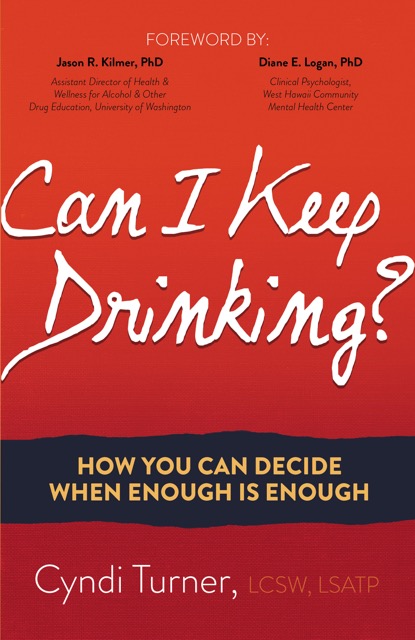It’s been about a month since you made your New Years resolutions. If you wanted to make some changes to your alcohol consumption, I developed a tool to help you assess your progress. In sessions with my clients, I talk about what I call the Gut Check. It has four main areas to help you evaluate your plan’s effectiveness: Amount, Frequency, Impact, and Intent. I teach people to ask themselves these types of questions for each of the four areas: Amount: Am I sticking to the amount of drinks that I agreed upon? Often people will say that they will have two alcoholic beverages. Yet they find themselves pouring larger and larger amounts. Or they are not being as cautious in situations when someone else is refilling their glass. Frequency: How often am I drinking? Am I sticking to my resolution? Sometimes people begin finding more and more situations where they want to drink or places where alcohol is going to be present. Do you find yourself seeking it out? How do you feel when you don’t drink? There may be more work to do to address these areas. Impact: When I drink what happens? Am I experiencing consequences? Are those consequences worth it to be able to consume alcohol? What are my loved ones saying about my drinking? They often can spot subtle changes in mood and behavior and help to catch things before they get out of control. Intent: Why am I consuming alcohol? Do I truly enjoy the taste and the experience of my drink? Or am I trying to change my mood? Watch out for any emerging or reemergence of mental health symptoms like depression, anxiety, insomnia, mood shifts, etc. Look for other ways to celebrate, manage stress, or mark the transition from work to relaxation. Be aware of falling back into old habits by being intentional about changing these patterns.
If you have gone through a period of abstinence, you need to be prepared for what it might be like to resume alcohol use. Some of my clients have been surprised at how badly they feel when they begin drinking again. They had faithfully tracked their alcohol free days. It was a way to earn back trust from family members and increase their damaged self esteem from the past choices they made in r elation to their drinking. Don’t be surprised if you don’t experience the same pleasure you did from drinking. In fact, Moderation Management found that about one third of the people who stop drinking decide to remain alcohol free. Your perspective may change too.
Ultimately, I want you to have a healthier relationship with alcohol. That might mean taking a break from, ending the relationship with, or defining new terms with drinking. I have often said: “Drinking alcohol is like eating donuts. Occasionally having one or two will not hurt you. But having multiple a day is eventually going to lead to serious consequences.” For more information about your relationship with alcohol, check out my #1 New Release book: Can I Keep Drinking? How You Can Decide When Enough is Enough.







